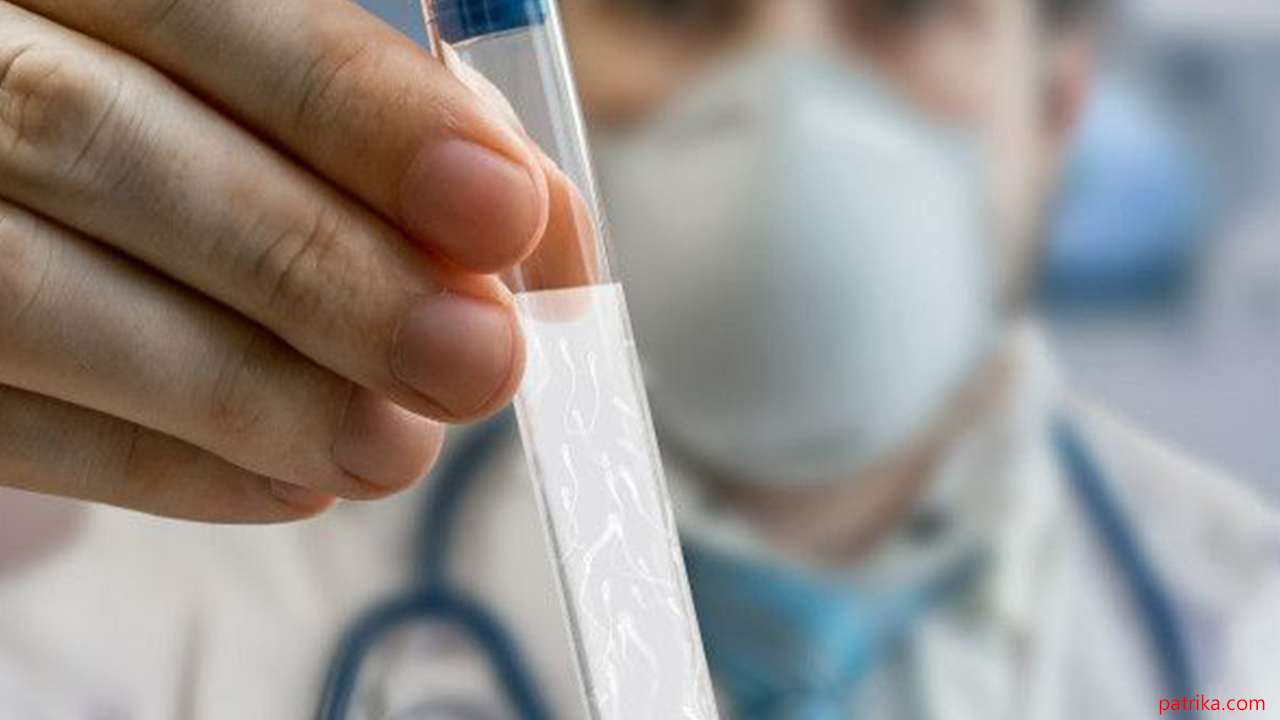Men in the UK should be allowed to voluntarily donate their sperm after death, if they want to, argue ethicists in an analysis published online in the Journal of Medical Ethics.
Not only is it technically feasible, but it is also “morally permissible” to plug the gap in supply and growing demand for donated sperm, say the authors, who call for sperm to be added to the list of human tissue that can be donated after death.
The UK has a shortage of donor sperm, while demand is high, and increasing, note Drs Nathan Hodson and Joshua Parker of, respectively, the College of Life Sciences, University of Leicester, and the Department of Education and Research, Wythenshawe Hospital, Manchester.
Infertility is not life-threatening, agree the authors. But they insist: “If it is morally acceptable that individuals can donate their tissues to relieve the suffering of others in ‘life enhancing transplants’ for diseases, we see no reason this cannot be extended to other forms of suffering like infertility, which may or may not also be considered a disease,” they write.
Sperm donation after death would also help to increase the diversity of supply, which may be a particular issue for certain ethnicities, say the authors.
The process of sperm donation during life can be quite cumbersome, which posthumous donation would avoid, giving men the positive aspects--the desire to help others or see their genetic line continue---without any of the drawbacks, say the authors, who draw parallels with the differences between kidney donation during life and after death.
After death, sperm can be collected either through electrical stimulation of the prostate gland or surgery, and then frozen until required.
Published evidence suggests that sperm harvested from dead men can result in viable pregnancies and healthy children, even when retrieved 48 hours after death.
Any concerns about the possible transmission of ’unhealthy’ genes can be addressed by carrying out health checks on the donor and the sperm, say the authors.
Families, could, of course veto a donation, just as they can do for solid organs. But they may derive comfort from knowing their loved one is ‘living on’ say the authors, who add that expectations about the status of any resulting child would need to be clearly addressed.
“The important point is that considerations of the family, including a romantic partner surviving the deceased man, do not justify a blanket ban on the use of sperm collected after death, especially if the donor has specified a desire to donate,” they write.
The use of donated sperm might alter the nature of questions about consent and family veto, and there are issues around the integrity of donor anonymity, the authors note.
And as funding for infertility treatment in the UK remains contentious, it is also unclear who would pay for the harvesting of sperm after death.
But the authors conclude: “It is both feasible and morally permissible for men to volunteer their sperm to be donated to strangers after death in order to ensure sufficient quantities of sperm with desired qualities.”

 Sperm donation is both feasible and morally permissible for men to volunteer their sperm to be donated to strangers after death.
Sperm donation is both feasible and morally permissible for men to volunteer their sperm to be donated to strangers after death. 









.jpeg)

.jpg)


.jpeg)
.jpeg)


.jpeg)
.jpg)





.jpeg)


